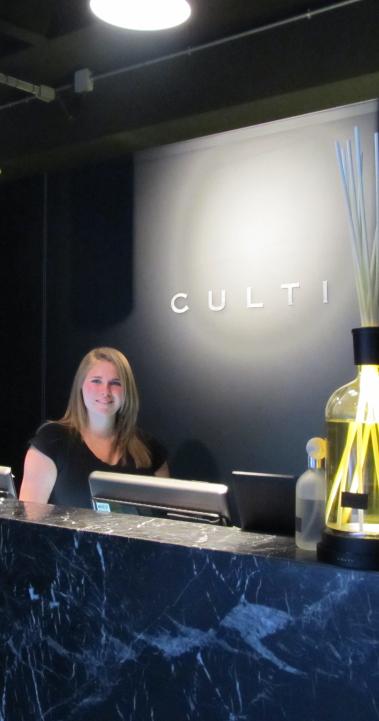You have your sights on studying abroad at Universidad de Leon, Universidad de Salamanca, or the Barcelona Political Science program in Spain, so our SAF Alumni want to share some tips on how to make an amazing experience even better in the north of Spain.
Meet and Greet
First things first, let's talk about socializing. The Spanish are generally very friendly and open-minded, but they have their own cultural norms and values you should be aware of. You might be surprised that most people greet each other with a kiss on each cheek (air kiss, don't actually touch cheeks), even if you’re meeting them for the first time, so don't be surprised when it happens to you.
Spaniards tend to stand close to one another when speaking, and it is common to touch someone's arm or shoulder during conversation. But, it is important to respect and not invade their personal space.
Mealtimes
Spaniards typically eat lunch between 1:30pm and 3:30pm, and dinner is usually late, around 9:00pm or later. Living in a Spanish homestay, your best approach is to watch and copy others around your family table. When dining with others, it’s common to wait until everyone is served before starting to eat. There is likely to be bread on the meal table, which you use to sop up sauces or juices on your plate. Also, keep an eye on your hosts – if they keep their hands above the table while eating, so should you.
Find Your Routine
Life in Spain is very different to home – it might take a couple of weeks to immerse yourself in Spanish way of life. Your lessons are likely to start around 9am and you can expect a two-hour break at lunch before leaping back into lessons until 5pm. The legendary Spanish siesta is less common than it once was, but the Spanish day still lasts longer than many in Europe.
Punctuality in Spain is not a high priority. Social events often start late, and it’s not uncommon for dinner parties to begin an hour or more after the designated start time. You might do well to keep a little snack in your bag in case you get easy hungry!
The Spanish Classroom
As for academic life, during your language program, you should expect to be challenged. University courses are typically more rigorous than in Asia, with a greater emphasis on critical thinking, independent research, and dynamic class participation and debate. Make sure you attend lectures and seminars regularly and on time and participate in discussions whenever possible. Remember, asking questions is a sign of engagement and curiosity, so don't be afraid to speak up.
While it might feel a little chaotic in your discussions, you should greet and treat your teachers and classmates respectfully – a simple "please" and "thank you" is important when you’re asking for help or making requests.












